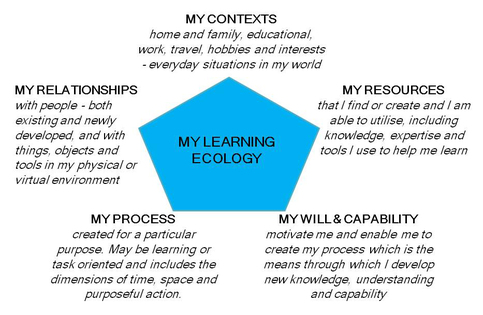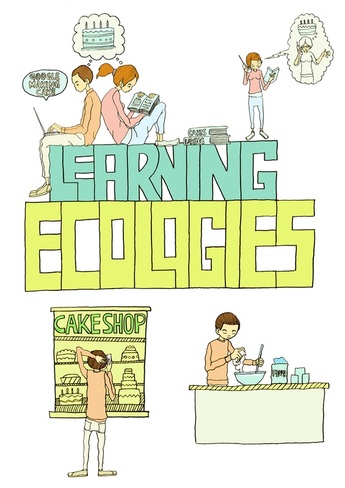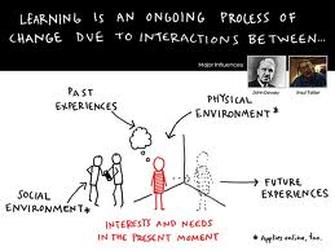
Chapter 2 talks about what makes us tick - what motivates us to do the things we do. Without understanding this we might as well not get out of bed in the morning. But once we have discovered what matters to us we are able to chart a course through life that enables us to engage with and fulfil our purposes. And sometimes it is not so much the achievement of something that matters most but the journey towards trying to achieve something that matters to us.
I think I have discovered what matters to me at this stage of my life and so any plan I create needs to address these. The things that matter most to me to and which I anticipate devoting most of my time, energy, intellect and emotion to in 2015 are listed below.
FAMILY & HOME
- Love and support my family in whatever way is necessary, including my daughter and her twins who I look after one day a week
- Do all the stuff I need to do around the house and garden including the many jobs I continually put off.
- Writing & research - complete (more or less) part 2 of our family history including my own life story
- For the sake of my family and my own health I need to look after myself better.. lose weight, eat better, get my knee fixed and do more exercise, read more and watch less TV. I want to spend time learning the piano from scratch.
FRIENDS
I am not very good at keeping in touch with friends (unlike my wife who is great). I do need to put more effort into this in the coming year.
WORK&INTERESTS
- Continue to develop and extend the influence of Lifewide Education - fulfil the anticipated work plan and more
- Develop and launch Creative Academic as a social enterprise - conduct research on creativity, support universities and facilitate short courses
- Continue developing my personal learning network - last year I saw the value of twitter user in my PLN and exposing me to new ideas and ways of thinking @lifewider @lifewider1 @academiccreator
- Provide a good professional service to anyone who retains my services
- Freeworld Band - raise more money for children's cancer charities. Collaborate with Graham on his musical??
- Begin writing a book on lifelong/lifewide learning based on my own life [PERHAPS?]
UNANTICIPATED
Respond to whatever happens to the best of my ability dealing with challenges and making the most of opportunities as they emerge
Two of the chapters In Christensen's book are relevant to planning. Chapter 3 talks about the balance of calculation ( deliberate plans) and serendipity (taking advantage of unanticipated opportunities. 'You have to balance the pursuit of aspirations and goals with taking advantage on unanticipated opportunities. Managing this is often the difference between success and failure.
Chapter (4) deals with strategy - or how you implement and accomplish your plan. 'Real strategy in companies and our lives is created through hundreds of everyday decisions about [how and] where we spend our resources (money, time, effort etc). As you live your life day to day how do you make sure you're heading in the right direction? Watch where your resources flow. If you're not supporting the strategy [with your resources], then you are not implementing that strategy at all.
My rough plan is merely a list of things that matter to me and it would never be any good in a work context where I would be expected to produce a list of actions and work towards SMART objectives. But I'm not managing people and resources other than myself and the only person I'm accountable for delivering stuff is myself. So I think I can work with these broad themes and make things up as I go along as I have done in previous years mindful that things may crop up to disrupt my plan (blog 16/12/14) and as as long as I stay fit and healthy: the single most important condition for the implementation of my plan.
As always, it will be interesting to look back through and at the end of the year to see where I have put my resources in implementing my plan. As always I look forward to the things that will happen that I cannot predict will happen, as long as they are kind to me and my family.
Source:
Christensen C (2012) How will You Measure Your Life Harper Collin
Illustration by Hugh http://gapingvoid.com/2010/05/13/dbc019/








 RSS Feed
RSS Feed